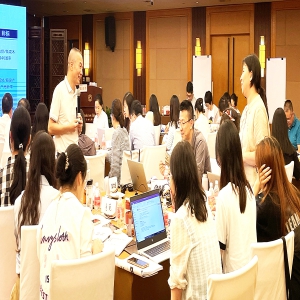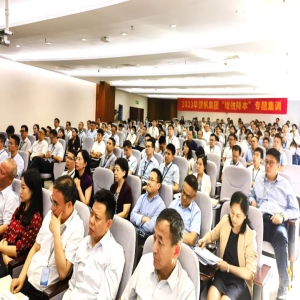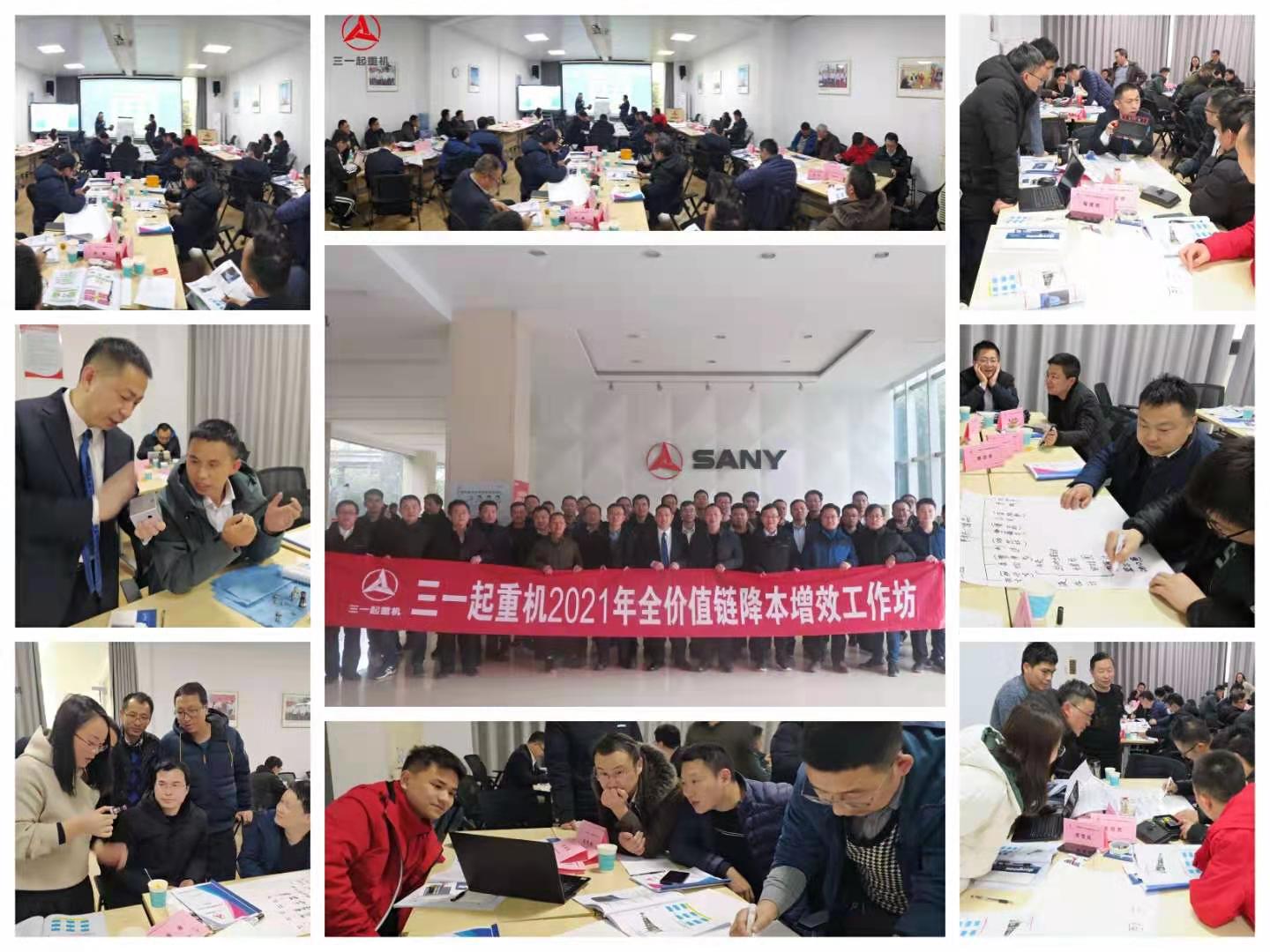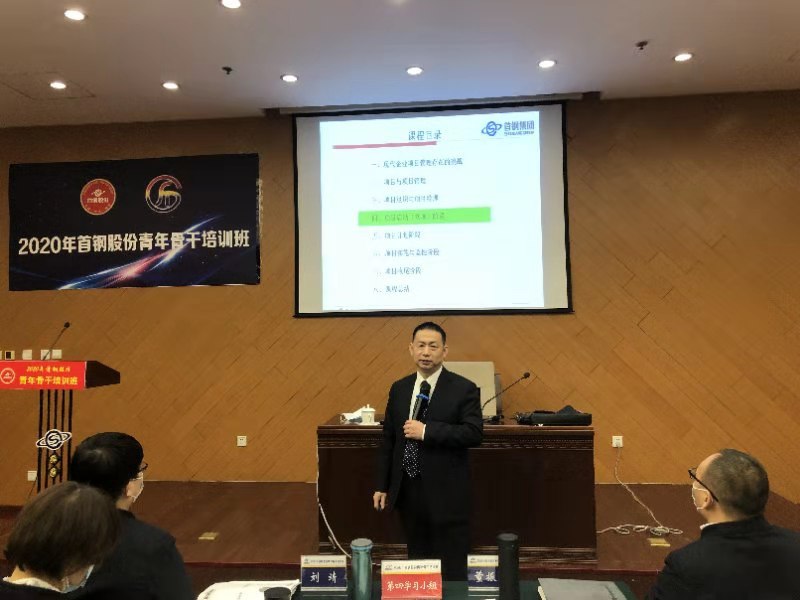公文寫作
培訓(xùn)搜索引擎
商務(wù)英文寫作技巧 Business English Writing Skills
商務(wù)英文寫作技巧 Business English Writing Skills 內(nèi)訓(xùn)基本信息:
內(nèi)訓(xùn)課程大綱
Why and What:
Is it “Ms. Lady,” or “Dear Madam,”; Is it “ I would appreciate it if …” or “I would appreciate
if...” ; Is it “ We cannot do anything about your problem”; or “Unfortunately we are unable to help
you on this occasion.”; is it “ I should be glad if you would, or “ Please”; Is it “The program gains
efficiency by eliminating the superfluous instructions” or “The program gains efficiency when you
eliminate the superfluous instructions?”
Every day, you may not be confident enough in writing perfect English documents and
sometimes make big or small mistakes. For examples: what you write may not be well
“mind-mapped” in that your “readers” can not accurately understand what you want to tell
them; what you write contains abundant words and phrases which make your documents
“clumsy” with unwanted “fat”; what you write is not in a professional or proper style with a clear
tone in that you have warned your” readers” that you are not professionally tuned.
Your English is already good enough, but you want to be in your element with skills to write
professional, effective, and impressive business English. Reaching such a level, you will be able to
communicate more effectively and your image reflected to your boss, colleagues and clients or
even to the public will be significantly improved. This is where this course will exactly take you to.
Course objectives:
After the program, participants will
ü Identify the weakest links in their business English Writing;
ü Apply 5 steps to successful writing;
ü Use the 4 point plan and 10-step methods to write highly effective English
documents;
ü Find out writing professional Business English is no longer a too hard skill;
ü Save time and dramatically increase their working efficiency and the chance of being promoted.
Course Contents:
Session 1.Critical thinking about Business English Writing:
1.1. When you need to use pen or when you need to use mouth?-the advantage and
disadvantage in using written communication to convey your ideas and information;
1.2. What are the benchmarks for good business English writing, and how it will benefit you?
1.3. What are the critical challenges for Chinese to write culturally-wise business English?
Brainstorm
Session 2.5 Steps to successful writing:
Step 1. Preparation;
2.1. Establish your Purpose;
2.1.1. What do you want your readers to know, to believe or to do when they have read your
documents?
2.1.2. The effective ways to establish your purpose;
2.2. Identify your audience or readers- Analyze your readers;
2.2.1 Determining your readers’ needs;
2.2.2 Do you write to an individual reader or a diverse audience?
2.2.3. How difficult will it be for your reader to understand your documents?
2.2.4. Will the reader just file away your document or will he post your documents on the wall
such as a public notice after he reads it?
Step 2. Research:
2.5. Brainstorm to determine what you already know;
2.6. Conduct research;
2.7. Selecting facts and sourcing what you need;
2.8. Avoid plagiarism.
Step 3. Structuring:
2.9. Methods of development;
2.9.1. Inductive and Deductive Methods;
2.9.2. Chronological method;
2.9.3. Comparisons method;
2.9.4. Definition method;
2.10. Using mind-map to structure your ideas, facts and information.
Case Studies and Exercises
Step 4.Writing-Dos and Don’ts for good Business Writing:
2.11. Remember your ABC;
2.12. Be courteous and considerate;
2.13. Use appropriate tone;
2.14. Writing naturally and sincerely;
2.15. Apply KISS principle;
2.16. Don't use “ancient” terminology;
2.17. Don't miss essential details;
2.18. Don't to be inconsistent;
2.19. Don't use passive voices but active voices;
2.20. Compose CLEAR communications.
Case Studies and Exercises
Step 5.Editing/ revision:
2.21. Unity and coherence;
2.22. Clarity;
2.23. Ethics;
2.24. Grammar;
2.25. Mechanics and Punctuation.
Case Studies and Exercises
Section 3. Email and business letter writing skills:
3.1. How to start or end a business letter or Email ?
3.2. How to write a business letter ?
3.3. The weakest links in your Email;
3.4. How can you make your Email work for you?
3.5. Netiquette.
Case Studies and Exercises
Is it “Ms. Lady,” or “Dear Madam,”; Is it “ I would appreciate it if …” or “I would appreciate
if...” ; Is it “ We cannot do anything about your problem”; or “Unfortunately we are unable to help
you on this occasion.”; is it “ I should be glad if you would, or “ Please”; Is it “The program gains
efficiency by eliminating the superfluous instructions” or “The program gains efficiency when you
eliminate the superfluous instructions?”
Every day, you may not be confident enough in writing perfect English documents and
sometimes make big or small mistakes. For examples: what you write may not be well
“mind-mapped” in that your “readers” can not accurately understand what you want to tell
them; what you write contains abundant words and phrases which make your documents
“clumsy” with unwanted “fat”; what you write is not in a professional or proper style with a clear
tone in that you have warned your” readers” that you are not professionally tuned.
Your English is already good enough, but you want to be in your element with skills to write
professional, effective, and impressive business English. Reaching such a level, you will be able to
communicate more effectively and your image reflected to your boss, colleagues and clients or
even to the public will be significantly improved. This is where this course will exactly take you to.
Course objectives:
After the program, participants will
ü Identify the weakest links in their business English Writing;
ü Apply 5 steps to successful writing;
ü Use the 4 point plan and 10-step methods to write highly effective English
documents;
ü Find out writing professional Business English is no longer a too hard skill;
ü Save time and dramatically increase their working efficiency and the chance of being promoted.
Course Contents:
Session 1.Critical thinking about Business English Writing:
1.1. When you need to use pen or when you need to use mouth?-the advantage and
disadvantage in using written communication to convey your ideas and information;
1.2. What are the benchmarks for good business English writing, and how it will benefit you?
1.3. What are the critical challenges for Chinese to write culturally-wise business English?
Brainstorm
Session 2.5 Steps to successful writing:
Step 1. Preparation;
2.1. Establish your Purpose;
2.1.1. What do you want your readers to know, to believe or to do when they have read your
documents?
2.1.2. The effective ways to establish your purpose;
2.2. Identify your audience or readers- Analyze your readers;
2.2.1 Determining your readers’ needs;
2.2.2 Do you write to an individual reader or a diverse audience?
2.2.3. How difficult will it be for your reader to understand your documents?
2.2.4. Will the reader just file away your document or will he post your documents on the wall
such as a public notice after he reads it?
Step 2. Research:
2.5. Brainstorm to determine what you already know;
2.6. Conduct research;
2.7. Selecting facts and sourcing what you need;
2.8. Avoid plagiarism.
Step 3. Structuring:
2.9. Methods of development;
2.9.1. Inductive and Deductive Methods;
2.9.2. Chronological method;
2.9.3. Comparisons method;
2.9.4. Definition method;
2.10. Using mind-map to structure your ideas, facts and information.
Case Studies and Exercises
Step 4.Writing-Dos and Don’ts for good Business Writing:
2.11. Remember your ABC;
2.12. Be courteous and considerate;
2.13. Use appropriate tone;
2.14. Writing naturally and sincerely;
2.15. Apply KISS principle;
2.16. Don't use “ancient” terminology;
2.17. Don't miss essential details;
2.18. Don't to be inconsistent;
2.19. Don't use passive voices but active voices;
2.20. Compose CLEAR communications.
Case Studies and Exercises
Step 5.Editing/ revision:
2.21. Unity and coherence;
2.22. Clarity;
2.23. Ethics;
2.24. Grammar;
2.25. Mechanics and Punctuation.
Case Studies and Exercises
Section 3. Email and business letter writing skills:
3.1. How to start or end a business letter or Email ?
3.2. How to write a business letter ?
3.3. The weakest links in your Email;
3.4. How can you make your Email work for you?
3.5. Netiquette.
Case Studies and Exercises
講師 陳立文 介紹
國內(nèi)領(lǐng)先跨文化培訓(xùn)、咨詢專家、先驅(qū)、跨文化實(shí)踐研究學(xué)者、墨爾本商學(xué)院跨文化特邀講師、英國城市行業(yè)協(xié)會(huì)(City and Guilds)授證國際專業(yè)講師、國家注冊企業(yè)管理培訓(xùn)師、精通英文、雙語授課。
陳老師是全球第二大業(yè)務(wù)流程外包商Wipro BPO 長期簽約軟技能獨(dú)家培訓(xùn)師,目前為其中國員工定期講授“壓力管理”、“態(tài)度管理”、“工作場所開心管理/Fish Philosophy” 等課程。曾為《中國日報(bào)》英文版和《上海人才市場報(bào)》專欄特約撰稿人。現(xiàn)任多家世界500強(qiáng)企業(yè)和大型跨國公司企業(yè)培訓(xùn)及跨文化管理咨詢顧問。陳老師精通英文,能用英漢雙語流利授課。
教育背景:陳老師畢業(yè)于西安交通大學(xué),對(duì)個(gè)體心理學(xué)、社會(huì)心理學(xué)、行為科學(xué)、跨文化管理、哲學(xué)、商務(wù)管理等學(xué)科有廣泛深入的研究和實(shí)戰(zhàn)應(yīng)用。
資源合作伙伴:陳老師長年和來自美國、奧地利、澳大利亞、瑞典等國家的跨文化專家學(xué)者及軟技能培訓(xùn)咨詢專家開展工作交流。擁有國際前沿跨文化研究成果及深厚的跨文化知識(shí)和豐富的實(shí)踐經(jīng)驗(yàn),擁有跨文化管理領(lǐng)域國際領(lǐng)先的軟技能知識(shí)和培訓(xùn)技巧。
社會(huì)經(jīng)歷:陳老師擁有 20多年企業(yè)管理和對(duì)外交流工作經(jīng)驗(yàn)。曾在省政府部門從事合資項(xiàng)目的建設(shè)與協(xié)調(diào)工作;曾在國家大型一級(jí)企業(yè)從事外事及中外管理溝通協(xié)調(diào)工作;曾任倫敦工商會(huì)高級(jí)管理人員,從事業(yè)務(wù)與市場開發(fā)及客戶服務(wù)和項(xiàng)目管理工作;曾任澳中文化交流中心高級(jí)管理人員;加中文化交流中心高級(jí)管理人員等職。陳老師現(xiàn)正致力于為世界500強(qiáng)企業(yè)和大型跨國公司提供培訓(xùn)和咨詢服務(wù),為世界企業(yè)了解中國,中國企業(yè)走向世界而奮斗!
智慧優(yōu)勢:陳老師對(duì)中國古代、現(xiàn)代文化及哲學(xué),特別是《易經(jīng)》有著廣泛深入的研究;對(duì)西方哲學(xué)和西方思想史有全面透徹的研究;系統(tǒng)深刻地掌握了國際前沿跨文化理論和實(shí)踐技能。陳老師具有廣泛的心理學(xué)專業(yè)知識(shí)及應(yīng)對(duì)情緒壓力方面縱深的跨文化管理學(xué)、心理學(xué)、生理學(xué)等相關(guān)的文化底蘊(yùn)和實(shí)踐經(jīng)驗(yàn)。
課程及授課特點(diǎn):正如客戶所反饋,陳老師的課程堪稱是“中西合璧”的典范,課程融合深刻的理論分析、鮮活的實(shí)戰(zhàn)案例、妙趣橫生的思想論辯、大量生動(dòng)的互動(dòng)為一體,提供即學(xué)即用的實(shí)用技巧和工具。陳老師長年為世界 500強(qiáng)企業(yè)和大型跨國公司提供培訓(xùn)咨詢服務(wù),在實(shí)踐中不斷研究和錘煉,積累了卓越的演講經(jīng)驗(yàn)和培訓(xùn)技能,授課風(fēng)格穩(wěn)健大氣、熱情洋溢。
上一篇:簡報(bào)及呈現(xiàn)技巧
下一篇:企業(yè)內(nèi)刊的編輯技巧特訓(xùn)營
培訓(xùn)現(xiàn)場
講師培訓(xùn)公告






